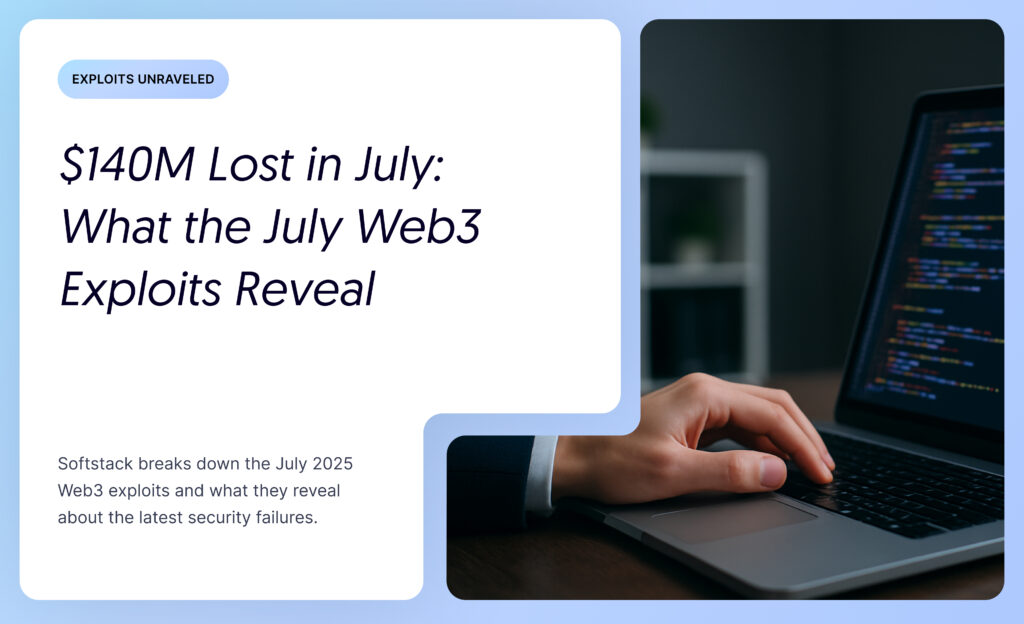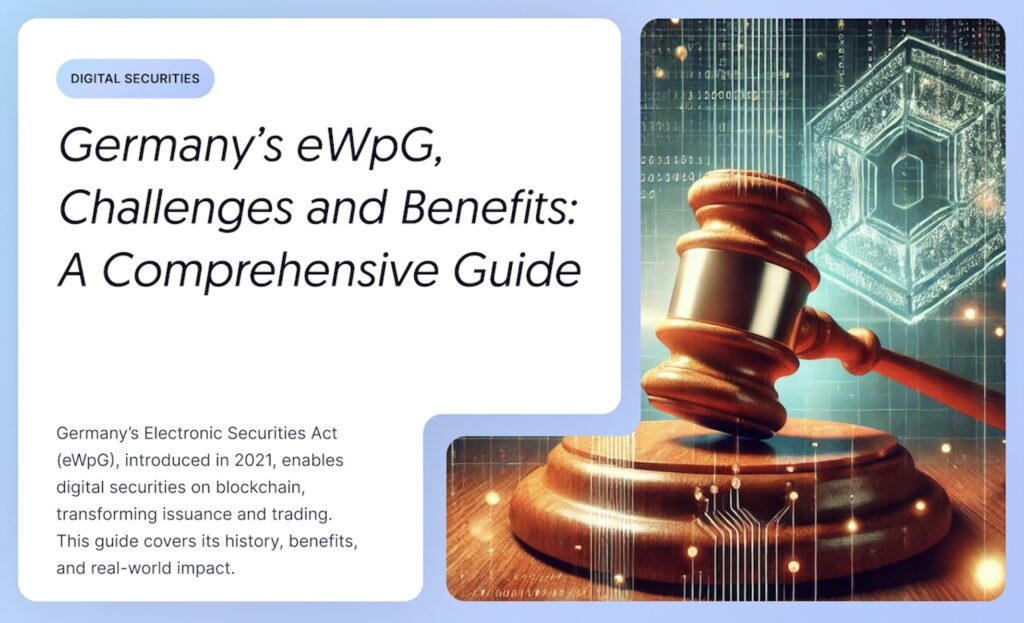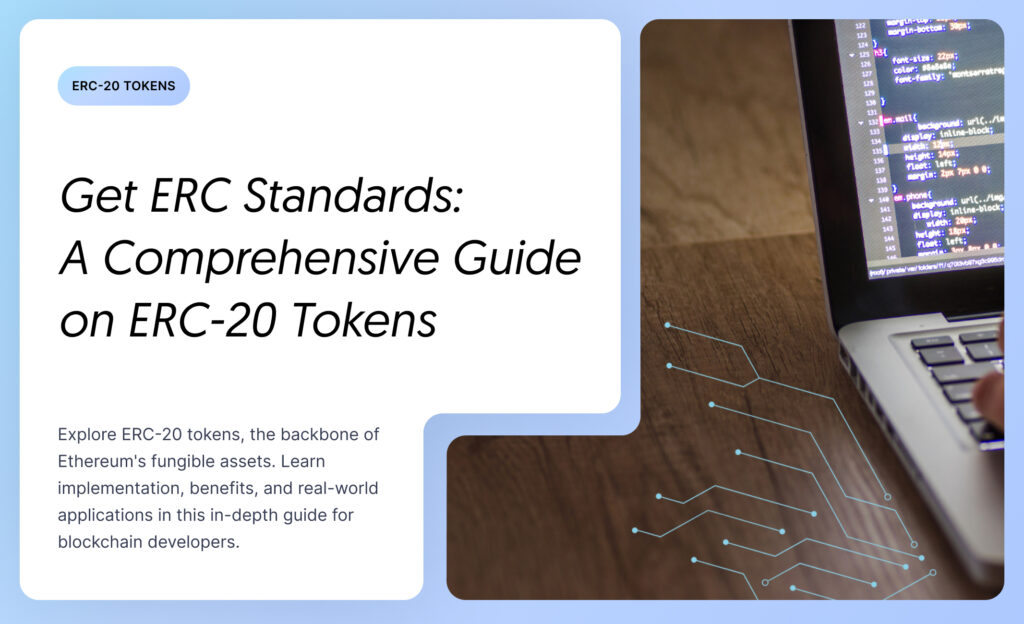Overview
The advent of blockchain technology and the rise of decentralized finance (DeFi) have brought Smart Contracts to the forefront. These self-executing contracts with the terms of the agreement directly written into code are instrumental in enabling trustless, automated transactions on the blockchain. However, with their increasing adoption comes a heightened need for security measures to mitigate the risks of vulnerabilities and attacks. This article will guide you through some of the best practices for securing your smart contracts.
First and foremost, understanding the common security vulnerabilities can help you prevent potential attacks. Re-entrancy attacks, overflow and underflow bugs, and exposure of sensitive data are just a few examples of issues that can arise in smart contracts. Familiarize yourself with these vulnerabilities and how they occur to strengthen your preventive measures.
Perform Regular Audits
Regular and thorough auditing is a key step to ensure your smart contracts are secure. This involves checking the code for any vulnerabilities, bugs, or errors. Professional auditors who specialize in smart contract security can be instrumental in identifying and fixing potential weaknesses in your smart contracts. Incorporating automated auditing tools alongside manual auditing can further enhance your security measures.
Test Rigorously
Keep Your Smart Contracts Simple
Follow Established Coding Standards
Use Time Locks for Sensitive Operations
Implement a Bug Bounty Program
Finally, consider implementing a bug bounty program. This encourages developers and ethical hackers to find and report vulnerabilities in your smart contracts in exchange for a reward. It can be an effective way to discover and fix potential security issues before they are exploited by malicious actors.
Securing smart contracts is crucial in leveraging the immense potential of blockchain and DeFi. By following these best practices, you can ensure the robustness of your smart contracts and protect your blockchain infrastructure from potential threats.
Remember, at softstack, we are experts in securing smart contracts and can help you navigate this complex landscape. Whether you’re looking to develop secure smart contracts or improve the security of your existing ones, we’ve got you covered.






